
25 Nov 1990

Descending Angel
A recently engaged man getting to know his future father-in-law better unearths clues that the man may have been a Nazi collaborator and a mass murderer.
A documentary following the civil rights movement and how the media, in particular the burgeoning TV, was used to fight for equality in the 1960s. From Selma to Charlottesville, we also see how modern activists use today's technology to continue fighting injustice today.
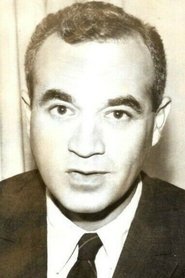
Self (archive footage)
Self

Self

Self (archive footage)
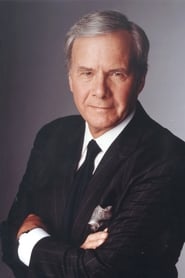
Self
Self
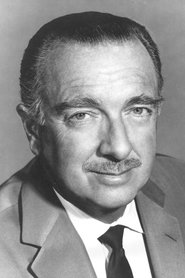
Self (archive footage)
Self (archive footage)
Self (archive footage)
Self (archive footage)
Self
Self

Self
Self
Self

Self
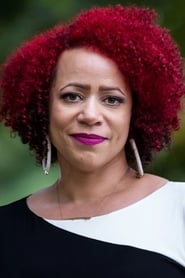
Self

Self (archive footage)

Self
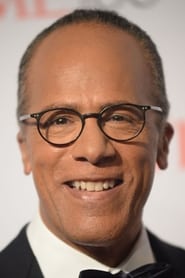
Self - Narrator (voice)

25 Nov 1990

A recently engaged man getting to know his future father-in-law better unearths clues that the man may have been a Nazi collaborator and a mass murderer.
01 Apr 2009
Huw Edwards presents a documentary examining the relationship between Victorian prime ministers Benjamin Disraeli and William Gladstone, whose bitter personal rivalry dominated British politics for 40 years.
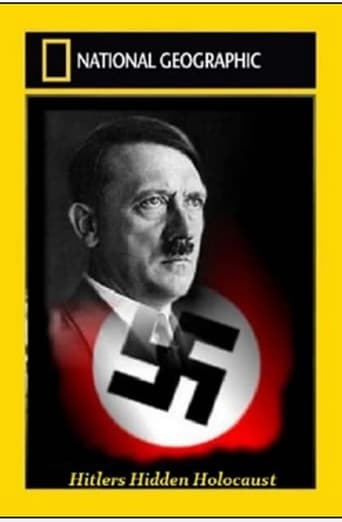
31 Jul 2009

National Geographic Channel (NGC) journeys back to Nazi Europe to tell the story of Hitler's Hidden Holocaust -- the killing frenzy of Hitler's extermination brigades, known as the Einsatzgruppen or "action groups." Woven together with harrowing testimonials from survivors, witnesses and experts, this one-hour special presents in chilling detail -- with photographic evidence and rare video footage - how Nazi soldiers planned, documented and committed these horrific crimes. It was the same routine: Go into a town, round up Jewish families, take them to a ditch and shoot them, often in front of curious spectators.
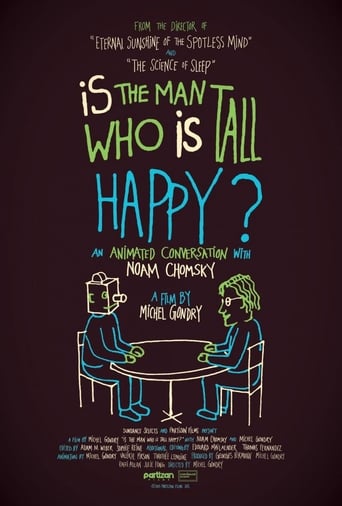
22 Nov 2013

A series of interviews featuring linguist, philosopher and activist Noam Chomsky done in hand-drawn animation.

13 Sep 2022

Priests, theologians and bishops are increasingly confessing that the majority of clergy no longer keep celibacy. They condemn the institution of the church and its treatment of priests. And they refuse to obey the ecclesiastical laws imposed by the Vatican. They no longer want to keep their private lives secret. Many are calling for an end to compulsory celibacy.
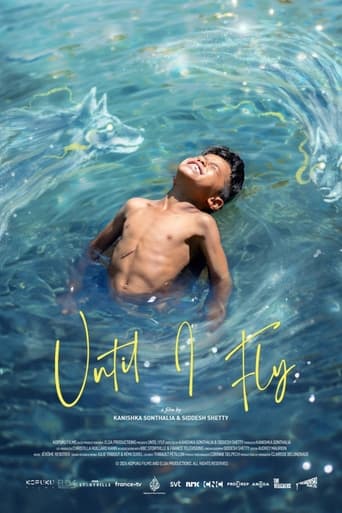
10 Mar 2024

A charismatic Indian-Nepali boy, lives a bohemian life in a remote Himalayan village. As he transitions from childhood to teenagehood, his poetic journey of perseverance echoes issues that span across ages and communities.
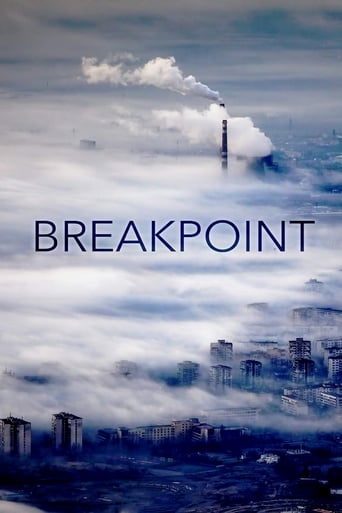
14 Jul 2019

An account of the last two centuries of the Anthropocene, the Age of Man. How human beings have progressed so much in such a short time through war and the selfish interests of a few, belligerent politicians and captains of industry, damaging the welfare of the majority of mankind, impoverishing the weakest, greedily devouring the limited resources of the Earth.
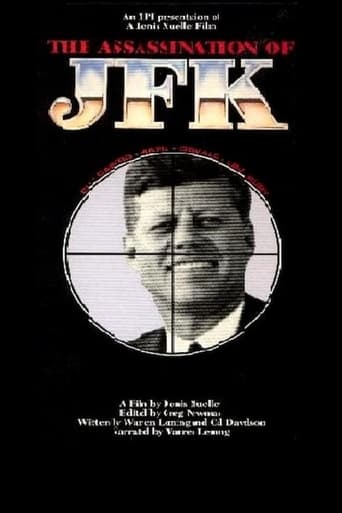
25 Jul 1992

A variety of experts, authors, and reporters discuss the murder of JFK. If one were to select the ten most significant events in American history, there would be no doubt that the death of President John F. Kennedy would be among the list. This is not only because of the fact that one of America’s most visionary presidents was cut down in the prime of his life, but because for almost 60 years later after the fact, his assassination continues to be shrouded with mystery and controversy. This documentary presents the facts surrounding the events before, and after that horrific moment in Dallas, and includes interviews of those who were on the scene not only at the tragic sight of the murder of JFK but also a number of individuals who possess firsthand knowledge of everything from the politics of the day to the actual autopsy performed on the president.
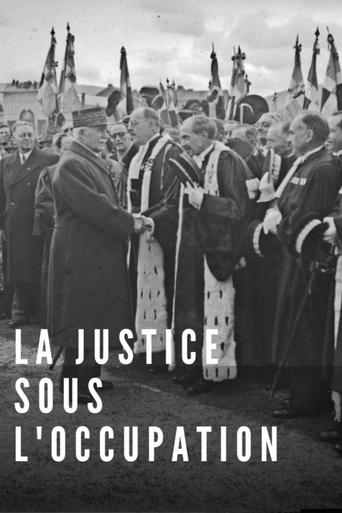
28 Nov 2024

No overview found

03 Feb 1991

The fanatically uncompromising Len Rowan and his family insult and terrorize the citizens of a small town for years. One day the comment of a saleswoman about Len's son not being able to pay his sweets triggers off his persecution complex. As revenge for the believed insult, the whole family starts stalking the shop owner and her husband... until this escalates and the old man gets badly injured. Len is arrested, but gets off, free on bail. His clever attorney delays the court session for more than a year - while Rowan keeps threatening the witnesses. But then, the people feel they've had enough of this and decide to take the law in their own hands...
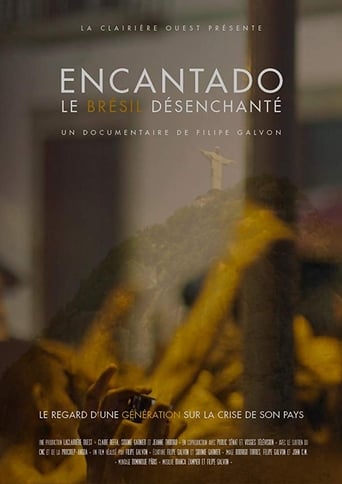
29 Sep 2018

Considered for a few years the “country of the future”, Brazil has seen since 2013 a deep disenchantment between the middle and popular classes that culminated with the rise of Jair Bolsonaro to the Presidency in 2018. Enchanted portrays this recent Brazilian history from a homonymous neighborhood of the Rio suburb transfigured by the 2016 Olympics. From Rio to Paris, a political and poetic testimony of Brazil through the eyes of the first generation of the popular class to study abroad.

13 Jun 1969

Private detective David Ross has two apparently unconnected cases to investigate in the same day. In the first he is hired by a millionaire who paid a large ransom for his kidnapped daughter twelve years before, but she was never seen again. Now a woman has come forward who claims the young girl she raised is the millionaire's missing daughter. Later, Ross is contacted by a retired burlesque dancer who's about to publish her memoirs and possibly reveal the secrets of some important people, but someone is determined to stop her.
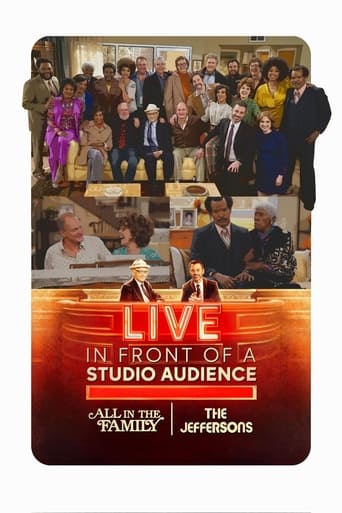
22 May 2019

Celebrities re-create an original episode each from "All in the Family" and "The Jeffersons."

21 Feb 2025

The Conference on Security and Cooperation in Europe (CSCE) was the starting point for the slow but sure collapse of communist authoritarian rule in Eastern Europe. The Helsinki Effect offers new perspectives on the events of the Cold War. The film tells the story of the CSCE process, which had a major impact on the end of the Cold War, and sheds light on secret top-level discussions behind closed doors, through voice simulations using artificial intelligence.
A deep dive into the lives and experiences of those impacted by the Fidel Castro era in Cuba.
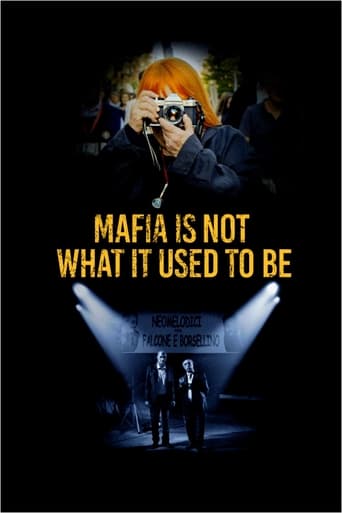
12 Sep 2019

Palermo, Sicily, Italy, 2017. Twenty-five years after the murders of anti-mafia judges Giovanni Falcone, on May 23, 1992, and Paolo Borsellino, on July 19, 1992; and on the occasion of the tributes held in memory of both heroes, skeptical photographer Letizia Battaglia, chronicler of their titanic combat, criticizes the opportunism of shady characters who, like businessman Ciccio Mira, profit from the commemoration of both tragedies.
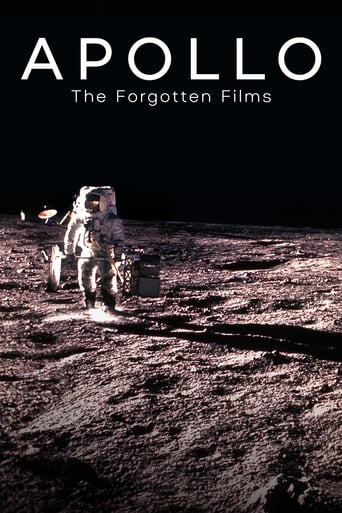
20 Jul 2019

Recently discovered footage reveals the secret history of NASA's first landing on the moon, and using this brand-new evidence, former astronauts and experts challenge everything known about the Apollo missions.
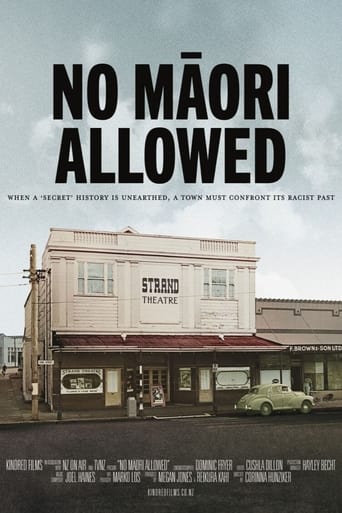
18 Oct 2022

When an academic unearths a forgotten history, residents of the small township of Pukekohe, including kaumātua who have never told their personal stories before, confront its deep and dark racist past.
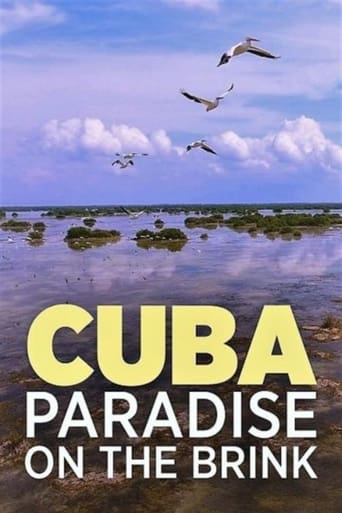
06 Oct 2017

Will Cubans be able to safeguard their heritage of pristine Nature and preserved ecological treasures under this new era, as they are facing the combined pressure of money and tourism? What policies can be implemented to maintain the island’s spectacular wilderness?
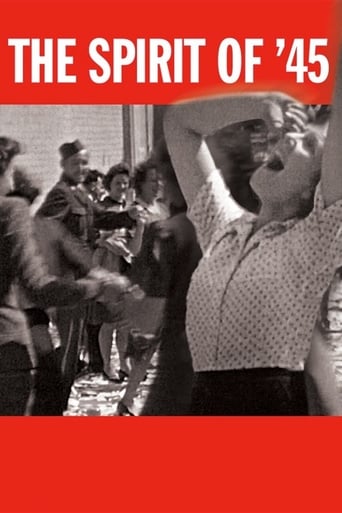
15 Mar 2013

How the spirit of unity, which buoyed Britain during the war years, carried through to create a vision of a fairer, united society.